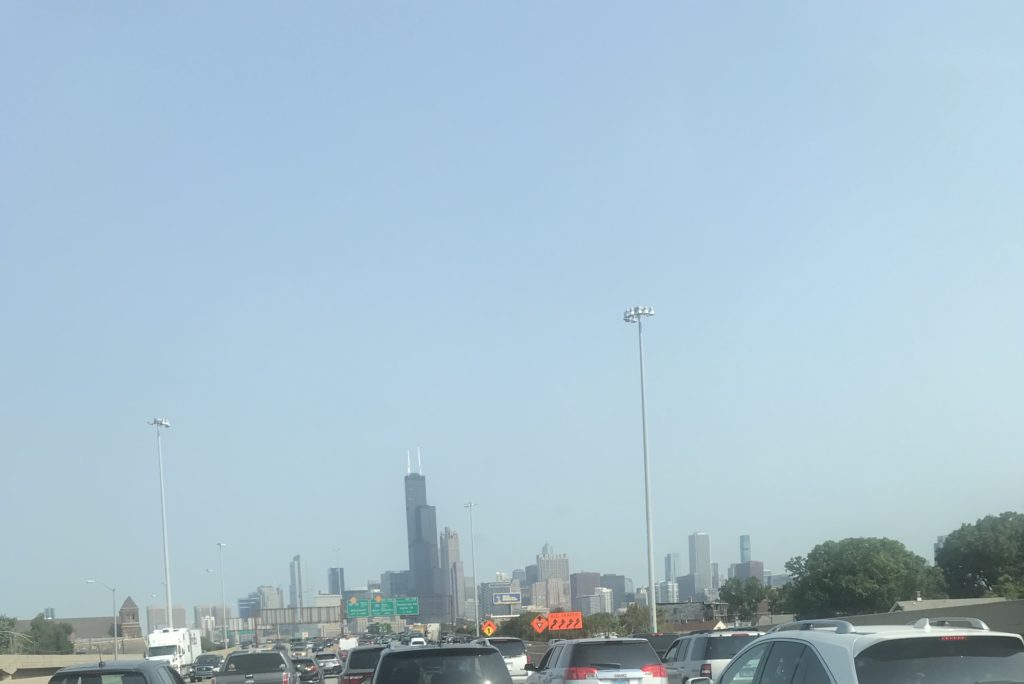
One evening, years ago, my Aunt Julie and Uncle Greg were over for dinner and Julie was telling us about a recent visit to a spa where one of the beauty treatments consisted of her being fully immersed in mud.
I was 17. Sunday mornings when the Chicago Tribune arrived, the parts of the paper I grabbed were the comics, and then the Walgreens insert telling me which make-up, hair, skin, and nail products were on sale that week. I fully embraced the spa life, but slathering mud on one’s self in order to reveal what’s beautiful was stretching it a tad. I was intrigued though, and listened as Julie explained in detail the process of dipping herself in dirt.
It is this line that ended her anecdote that I hope I’ll never forget:
“This is nice,” Julie said. “I hate it.”
This was almost 30 years ago, and I can’t count all the times those two sentences popped into my head and kept me company as I sat with the truth of whatever situation I was in. Julie gave me language for the faith and doubt, anger and joy, fear and bravery, boredom and contentment that swirl around every experience I have.
Another time, Julie and I were out running errands for a surprise party for my mom and dad, and I was telling her about my college classes. We were in a hurry, as these preparations with surprise parties always go, but with Julie, I always had something to say, something I wanted to measure, to test, and just as we pulled into a parking spot, I said something fragmented about beginning to see myself differently – like maybe I could do more than I thought, maybe I was smarter than I thought, and it could be that I’m being dramatic, I have that tendency, but my memory is Julie shoved the car in park and it sort of ricocheted and she looked at me and said, “So do it. You can be whatever you want to be.” And that was that. She wasn’t angry, but she was serious, and the October air in Chicago slapped at me and I was alert and maybe it was the city, or maybe it was my Aunt Julie.
It wasn’t humorous, but here again was a moment where Julie showed me how to dig into the depth of a moment, that immersing myself into the world took imagination and courage, and it would be dirty, and it is the only way to emerge. Julie had a way of expanding peoples’ ideas of who they were and what they could become by simply being herself. She was honest and tough, funny and gracious.
One last memory – I am in Greg and Julie’s living room, holding Josiah for the first time. Inga and I are talking, and Julie is sort of sitting off to the side, listening. I am thinking that probably the last time Inga and I had a conversation she was 3 or 4, and I was in my 20s, and we were playing with dolls or Barbies, and now here we are, both mothers, and she has a lot of questions for me this morning while I hold her son, and they all have to with what every mother since the beginning of time asked and will forever be asking: Am I doing this right?
And I have no answers for my cousin, except to tell her that every time she speaks, Josiah’s eyes get wide, and he turns towards Inga.
It is a peaceful moment. A happy one. But, given all we now know, it is a haunting memory. That is the last time I saw Inga. Maybe I should’ve said something more substantial or useful.
Perhaps they’re overused, but I am finding a strange comfort in Frederick Buechner’s words as I try to handle the truth and write something to offer today: “Here is the world. Beautiful and terrible things will happen. Don’t be afraid.”
Aunt Julie never showed me the “right” way to live, but I think she understood these words, and she offered her version of them to me, and to Inga, over and over, and I am grateful. She showed all of us that if we are going to live in the world with a sense of adventure and imagination, then the only thing to do is fully immerse ourselves in the mud, cling to what is beautiful, and pass it along to everyone you love.

Leave a Reply